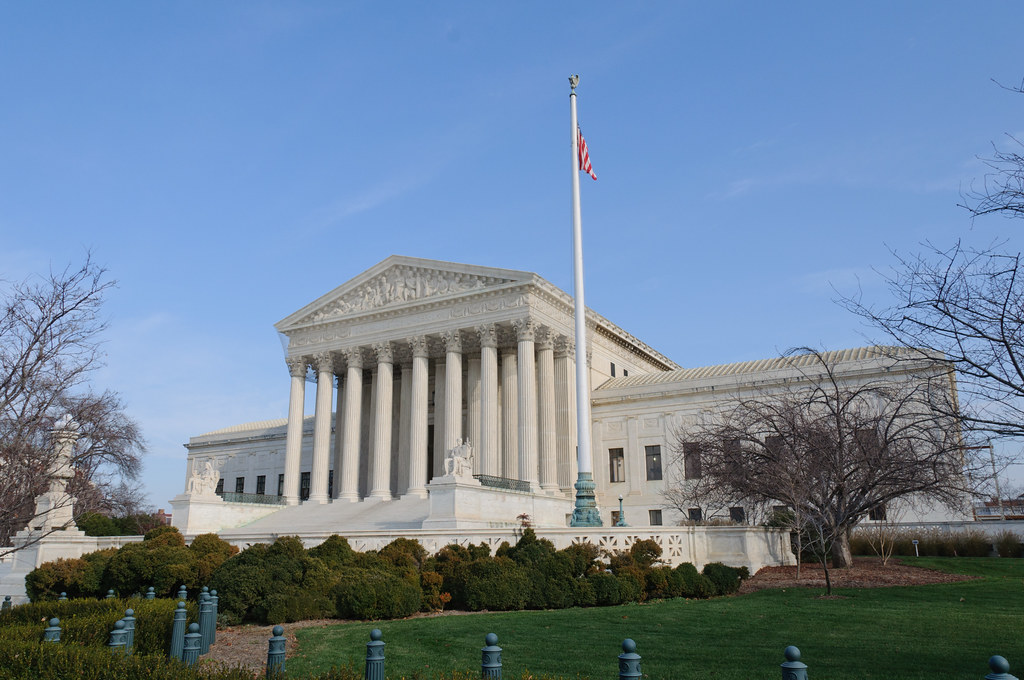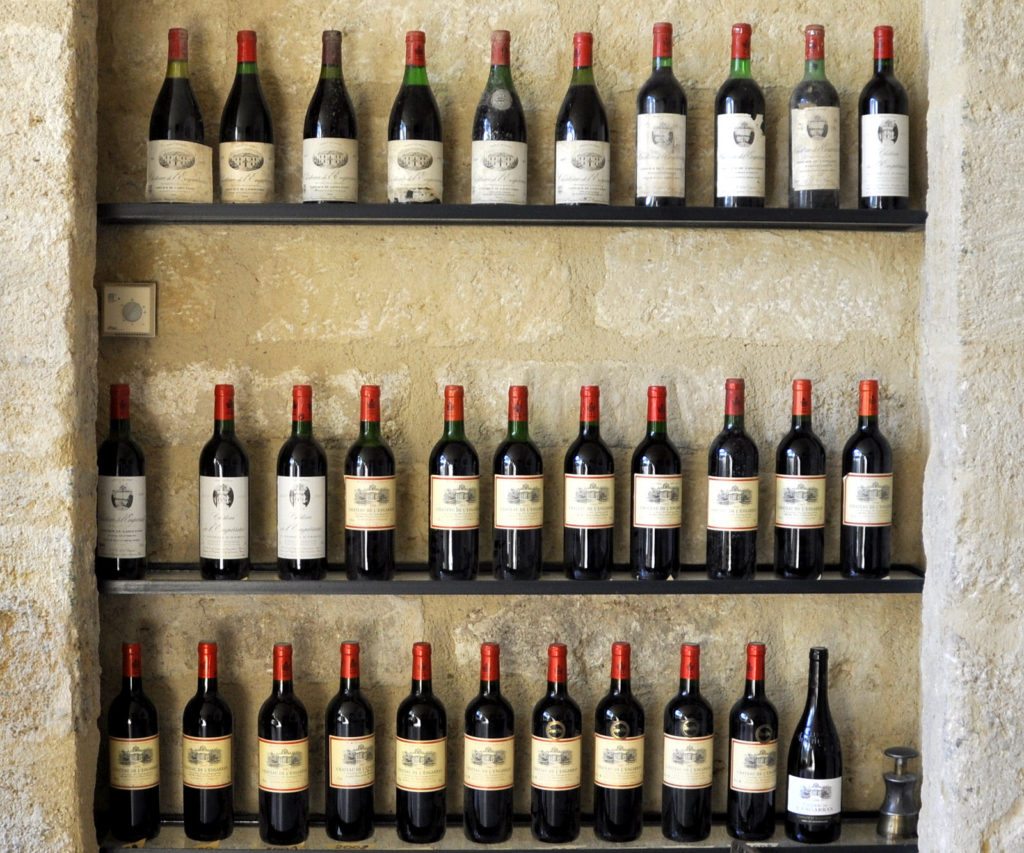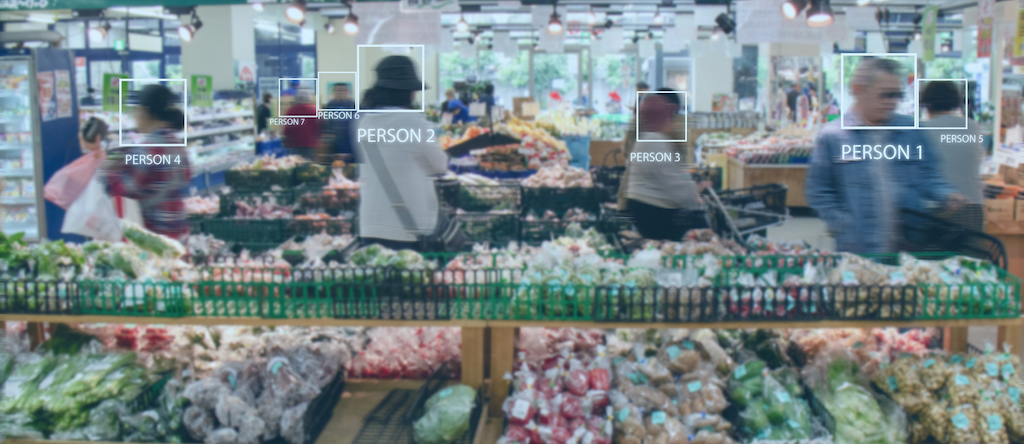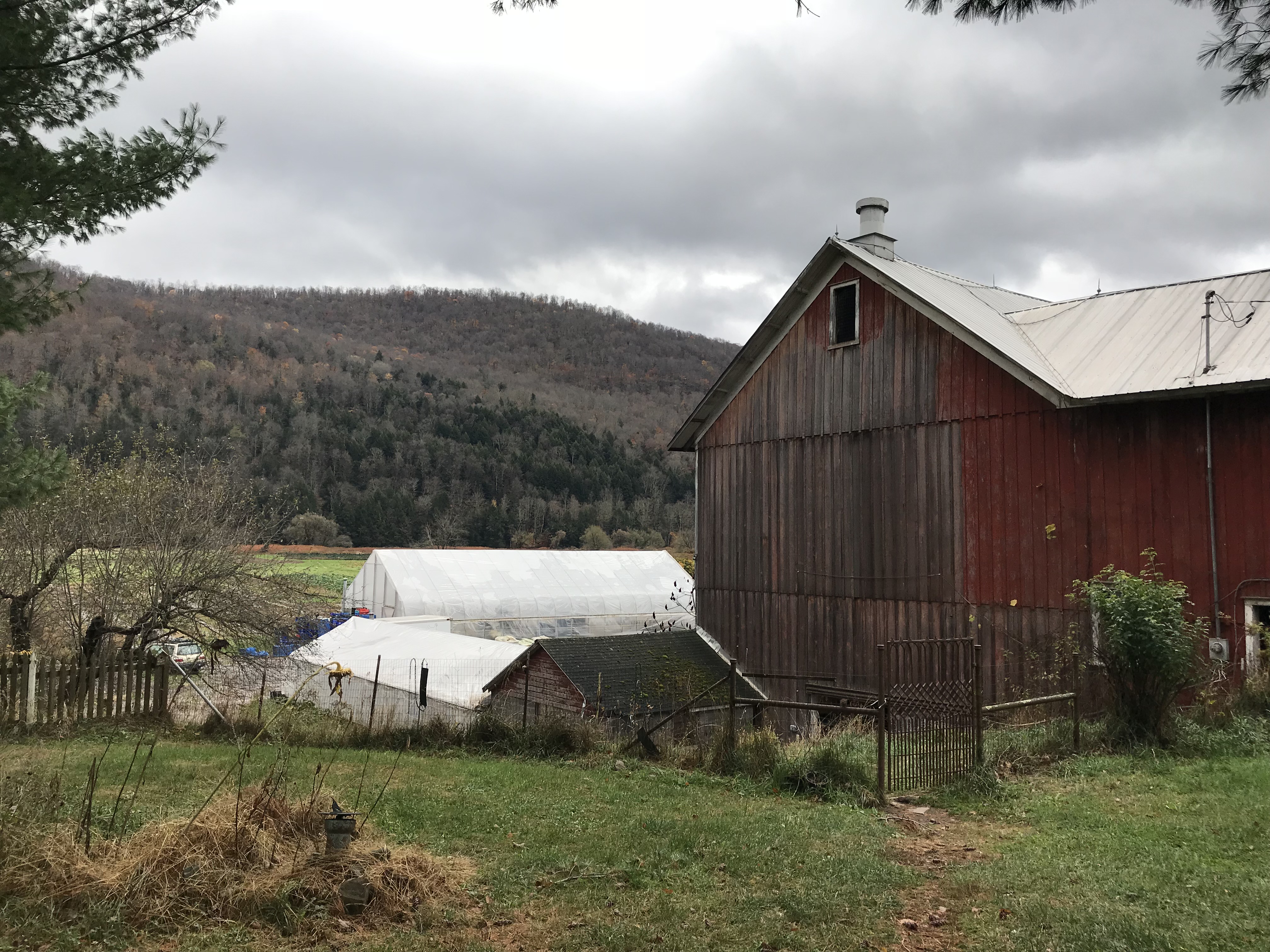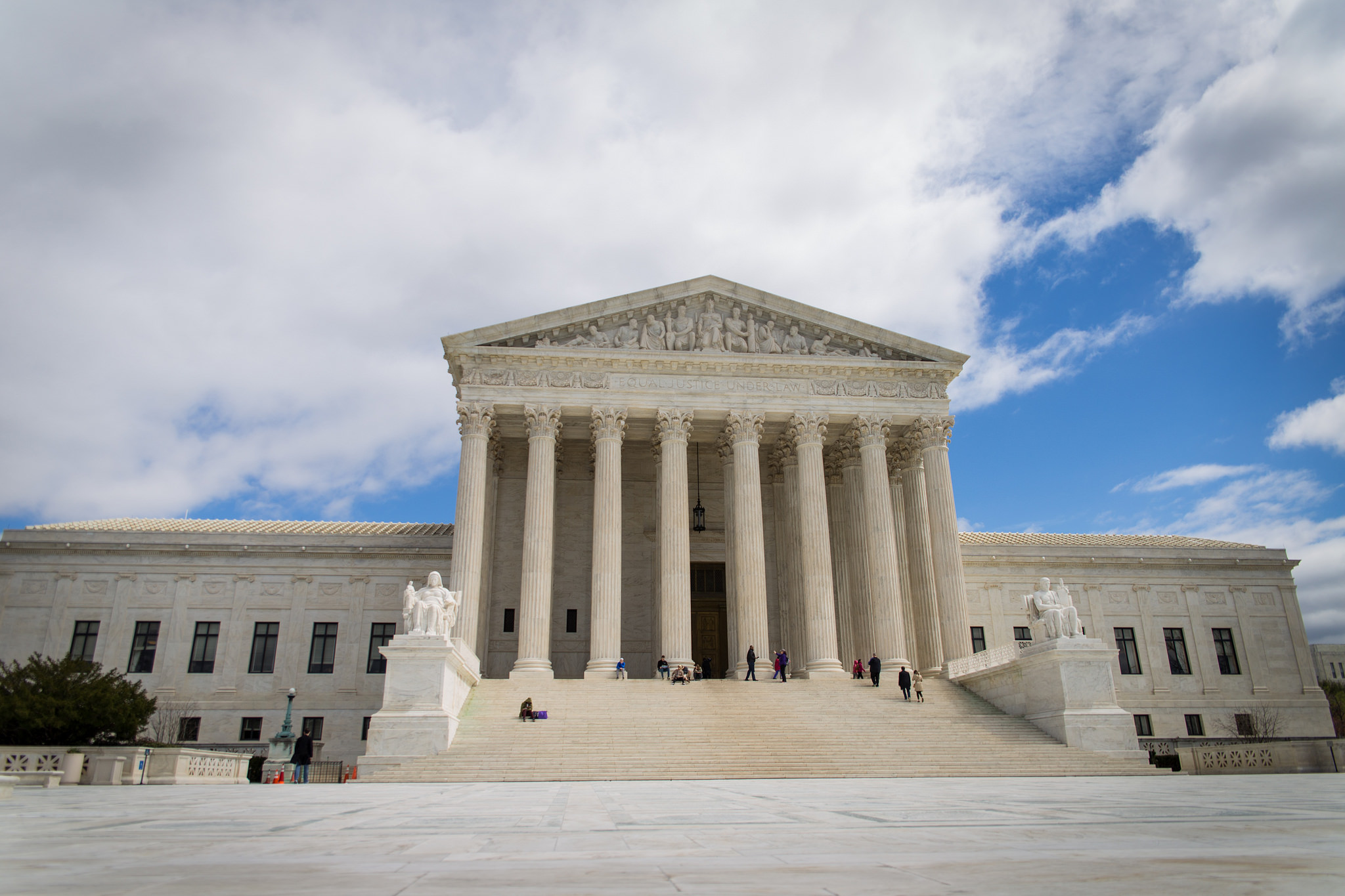A federal judge for the Southern District of New York on Friday blocked a contentious Trump administration rule that would have given the Department of Homeland Security (DHS) leeway to deny visas and green cards to immigrants who use food stamps, among other forms of government assistance. The rule had been scheduled to go into effect on October 15.
Last September, the Trump administration announced that it would expand the definition of a “public charge,” a term in use in immigration law since the 1800s that refers to any individual who is likely to primarily depend on the government for subsistence. The United States has long maintained rules blocking entry to immigrants on public charge grounds. Since 1999, that definition has been limited to those who rely on cash assistance or long-term care at government expense. The Trump administration’s move would have expanded public charge grounds to include use of Supplemental Nutrition Assistance Program (SNAP), Medicaid, and Section 8 rental housing assistance.
The policy change immediately drew fire from anti-hunger advocates and immigrant advocates, who argued that it would encourage immigrants to opt out of using SNAP benefits, for fear that doing so would jeopardize future green card applications. Recent research backs this up: Last November, a study found that SNAP participation among immigrant mothers—which had risen steadily between 2007 and 2017—plummeted in 2018.
In August, the states of New York, Vermont, Connecticut, and New York City filed a lawsuit against DHS to block the public charge rule, arguing that it would harm residents by increasing food insecurity and restricting access to housing and healthcare. On the same day, a coalition of nonprofits filed a separate lawsuit to prevent implementation of the new policy. Friday’s order, made by Judge George B. Daniels in response to both lawsuits, temporarily stays the rule, though the stay can be lifted.
The public charge rule is part of a larger, ongoing effort by the Trump administration reduce SNAP use throughout the country. Just last week, the Department of Agriculture (USDA) announced a proposal that would boot 8,000 families from SNAP by limiting income deductions for utility expenses. In July, USDA announced another change that would remove 3.1 million families from SNAP rolls by reducing income caps for households that qualify for food stamps via another federal assistance program called Temporary Assistance for Needy Families—a move that would disproportionately impact elderly people and residents of states including Texas, Wisconsin, and Washington. Last December, USDA proposed new work requirements for SNAP users, which it estimated would remove 775,000 people from the program.
The policy change is likely also part of a concerted effort to reign in immigration, one of the key tenets of President Trump’s 2016 presidential campaign. Last week, Trump signed a proclamation that would deny entry to immigrants without health insurance or the means to pay for it beginning on November 3.

